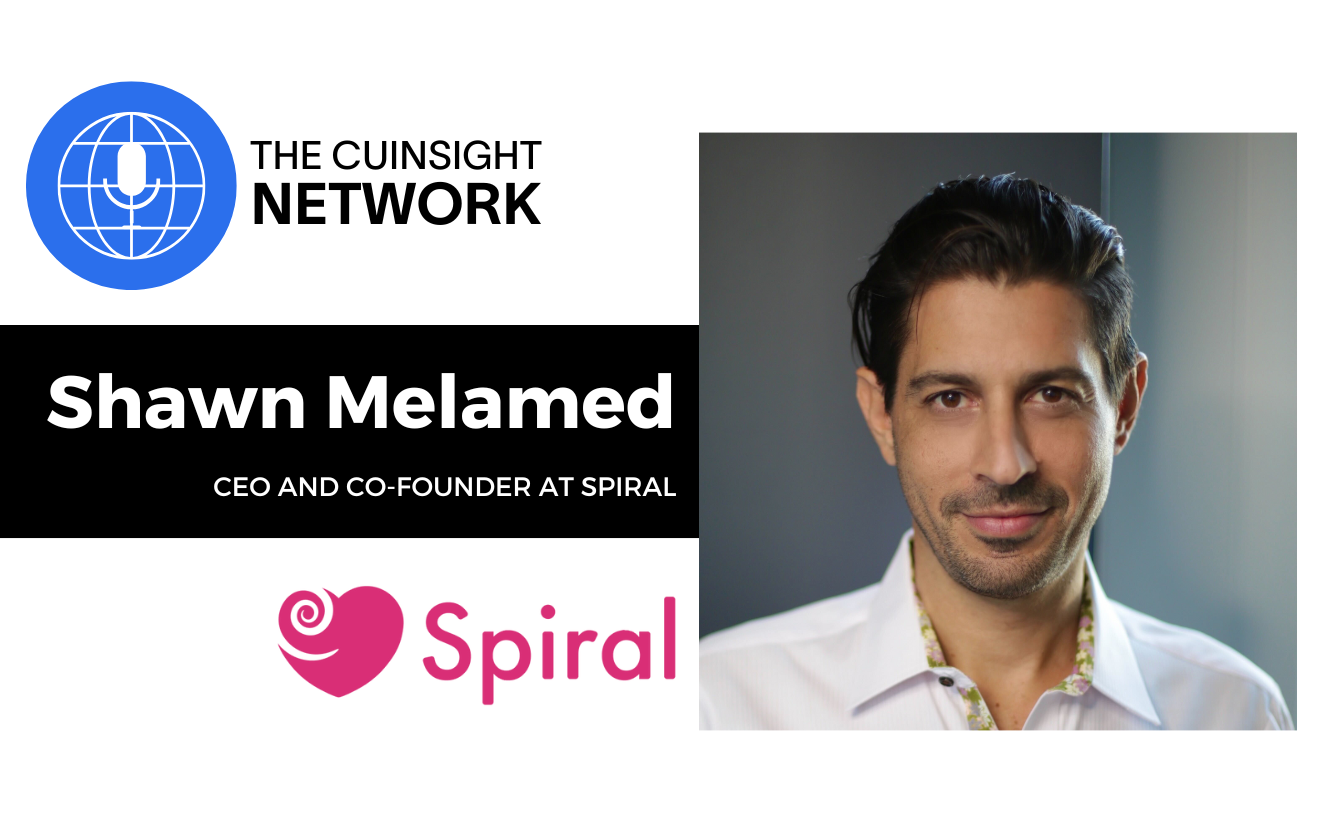Companies are also still dealing with the repercussions of the 2008 financial crisis as the survey found that almost two-thirds (62 percent) of the surveyed employees working in banking, insurance and asset management agreed that it still casts a shadow over the industry and influences how they perceive their work, and 49 percent agreed that more open communications by senior managers would help to improve their outlook.
Culture is at the top of current and prospective employees minds when working in the financial sector as 76 percent of respondents of the survey said they consider more than salary when job hunting, and 73 percent want to know what a company stands for before accepting a job. A majority (52 percent) stressed the need for their employer to maintain a strong philanthropic mission.
Burnout is a common concern in any workplace and the survey proved it held true among financial services employees, with 74 percent of women and 59 percent of men responding that they’ve suffered from mental and physical exhaustion caused by overwork and stress. Workplace dissatisfaction resulted from unreasonable workloads and performance expectations, work–life imbalance, lack of flexibility, low compensation, poor management, and negative workplace culture. Millennials and members of Gen Z especially favored more flexible work arrangements.
These findings suggest several strategies FI managers can adopt to bolster employee engagement:
Assign meaningful work. Forty-five percent of respondents said their jobs are most engaging when they can see that their work contributions make a difference, and 53 percent called for a freer flow of ideas to promote employee involvement in innovation. Giving employees more discretion and flexibility in how they do their work enhances feelings of control and supports innovation, notes Paul Zak in a recent Harvard Business Review article on “The Neuroscience of Trust.”
Develop and encourage direct reports. Rather than saddling employees with aggressive sales goals that lead to desperate measures, work one on one with direct reports to develop clear career paths.Half of survey respondents emphasized that opportunities for career advancement play an important role in how they feel about their work and employer, and 41 percent called for more training and development.
Communicate openly and honestly. Financial services employees, especially those in their 20s, 30s and 40s, want more frequent and objective feedback on their performance. Demonstrate to staff how they fit within your organization, and help them define their roles. Workforce analytic systems such as lobby tracker software can be deployed in the branch to provide clear and measurable performance data that frontline employees can rely on to monitor their progress on meeting the goals they have set for themselves in collaboration with managers.
Support the whole employee. “High-trust workplaces help people develop personally as well as professionally. Numerous studies show that acquiring new skills isn’t enough; if you’re not growing as a human being, your performance will suffer,” Zak writes. “Assessing personal growth includes discussions about work-life integration, family, and time for recreation and reflection. Investing in the whole person has a powerful effect on engagement and retention.” One avenue for this investment is giving employees time to volunteer for their favorite charitable causes, which also enhances yourFI’s philanthropic standing with the public.
Provide better training for managers. Managers have the single biggest impact on an organization’s employee engagement and performance. Establishing a manager effectiveness program within your FI helps managers take accountability to improve, while employees feel empowered that their manager cares about them and is invested in their success.
Offer workplace tools with a consumer-grade experience. Employees want control over their work-life balance and expect up-to-date technology, driven by mobile capabilities, to help manage their own day-to-day work environment. For example, if a teller realizes she can’t make her shift tomorrow, she can request a shift swap in a unified HCM and workforce management system, immediately opening the opportunity to other employees that may want to pick up the extra hours.
Based on his extensive research on the impact of trust in the workplace, Zak concludes that “employees in high-trust organizations are more productive, have more energy at work, collaborate better with their colleagues, and stay with their employers longer than people working at low-trust companies.” In short, high-trust organizations reap the rewards of a positive, productive corporate culture. The most effective path for your FI to emerge from a crisis—and to head off future setbacks—is to build trust with employees who serve as ambassadors for your brand with both consumers and prospective new staff.







